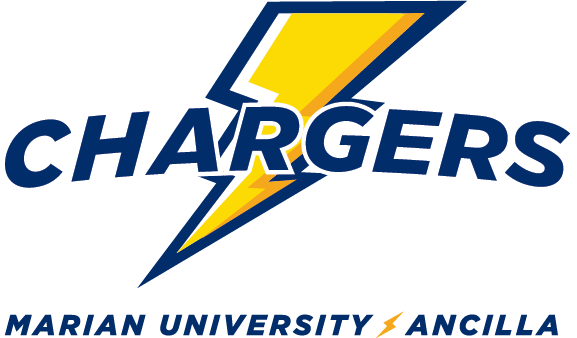If you’re passionate about logic, scientific inquiry, and using mathematical formulas, theories, and algorithms to solve real-world problems, consider earning a Bachelor of Arts (B.A.) or Bachelor of Science (B.S.) in Mathematics at Marian University. The B.A. program blends computational and modeling methods with a liberal arts education, allowing you to explore topics like natural sciences or world cultures while learning to analyze data and improve processes for business and beyond. The B.S. program dives deeper into the science of numbers, focusing on numerical analysis, optimization theories, and decision-making techniques, as well as abstract shapes and spaces to understand configurations, structures, and transformations. Both programs, offered through our Department of Mathematical and Computational Sciences, equip you to tackle complex challenges and make impactful decisions across diverse fields. Learn more about our faculty and programs at the Department of Mathematical and Computational Sciences.
Learn more about our Department of Mathematical and Computational Sciences and faculty


